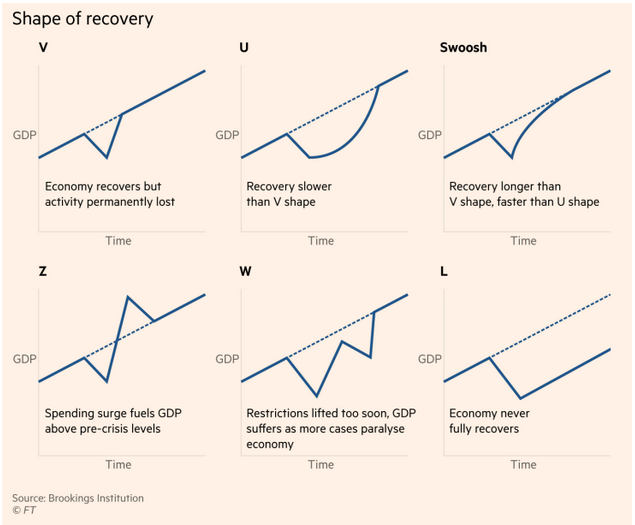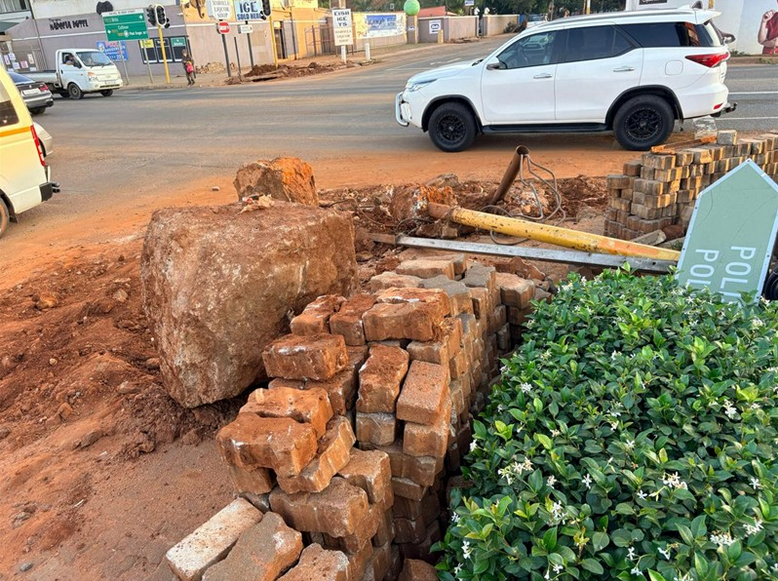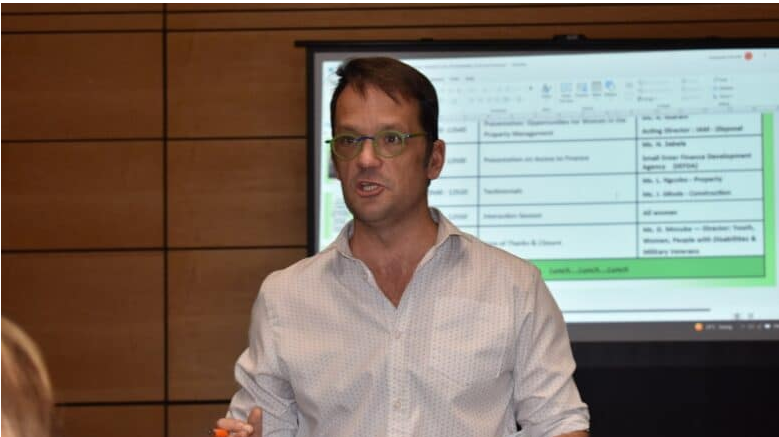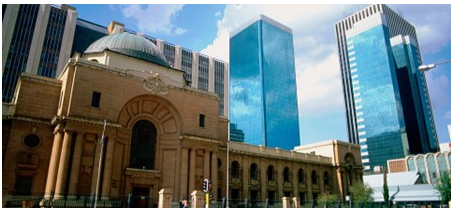South Africa’s ‘alphabet soup recovery’ – and up to 1.5 million jobs lost

Advertising
07-07-2020
Read : 348 times
Business Tech
Source
While the International Monetary Fund’s (IMF) World Economic Outlook suggests a contraction of 8% in South Africa’s economy in 2020, the current rates of recovery from government lockdowns on various sectors could see a contraction of as much as 10% in the country’s GDP this year.
South Africa’s steady recovery from one of the most stringent lockdowns in the world – which has seen the economy currently running at around 80% of its pre-Covid capacity – should give some optimism for a rebound, according to Carmen Nel, economist and macro strategist at Matrix Fund Managers.
Speaking at a webinar hosted by Eugene Visagie, client portfolio manager at Morningstar, Nel said many models were predicting a peak in virus infection rates in late July or early August, which meant the focus would now shift to what she called ‘the alphabet soup of recovery’.
“We’ve heard much speculation about what the shape of the recovery will be, with talk of a W, a V, an L or even a swoosh/hockey stick. Right now, there’s still a wide range of outcomes on the table, as we’ve started to see jitters in some markets around a second wave of infections, and this has caused some concern about the shape of our recovery,” said Nel.
When referring the aforementioned ‘W’, ‘V’, ‘L’ or ‘swoosh/hockey stick’, it refers to how the line of recovery would look like on a chart.
The sectoral impact of government lockdown regulations was severe, especially on industries like construction, which took a 14.2% hit, and tourism, where foreign tourism fell 30%.
Spending has been more defensive in recent weeks, which raises questions around behavioural change, which could see a higher proportion of savings.
While there was pre-emptive buying in March, and some pent-up demand coming through as lockdown restrictions ease, Nel predicts trade will be hit by a decline of around 10-15%, through a combination of lockdown and weakened demand from offshore.
“Right now, South Africa is doing what it can. finance minister Tito Mboweni’s supplementary budget provided some surprises: the market wasn’t expecting the pace of the consolidation that the government showed, and the statement that the cabinet had endorsed accelerated reform was another positive.
“It was an incredibly ambitious budget statement, but we have to ask whether there is credibility, as the budget was quite vague on how we will fund longer-term consolidation,” she said.
Jobs
One of the major challenges facing the country remains unemployment, with substantial job losses driving the official unemployment rate to 30%. Job loss estimates range from 400,000 – 1.5 million.
“Our view is that losses will be towards the lower end as the economy opens up again.
“If we lose 1.5 million jobs, that will mean half our labour force will be unemployed, which will put a tremendous strain on the UIF and grant system, and even raise questions around the need for a universal basic income grant,” said Nel.
Job losses this year estimated at a absolute minimum of 860 000. Most likely above 1 million.
— Wayne McCurrie (@WayneMcCurrie) July 6, 2020
Prescribed assets
The topic of prescribed assets was also discussed in detail by Visagie and Nel, both highlighting that the finance minister made it clear that there is not a large enough savings pool to meet the government’s spending requirements.
In addition, no mention was made regarding the revising of current limits on regulation 28.
There is a possibility that additional asset classes can be included for pension funds to invest in, they said.
Currency
The rand remains hard to forecast because there are more than just South African fundamentals at play, said Nel.
Nel believes the rand is currently undervalued by around 6%, with the dollar cycle being a ‘very important’ element to keep an eye on.
The weakening dollar has helped emerging market currencies, and if global liquidity stays adequate, there is some scope for the rand to recover, she said.
While R17.30 is still ‘cheapish’, South Africa’s fundamentals remain an extreme concern, Nel said.
Dollar/Rand: R17.04
Pound/Rand: R21.29
Euro/Rand: R19.24
Recent News
Here are recent news articles from the Building and Construction Industry.
Have you signed up for your free copy yet?









